| Dalyvis: | Eri*** Bra******* |
| Dalykas: | Anglų kalba |
| Lygis: | 5 |
| Trukmė: | 45 minutės |
| Praleistas laikas: | 25 minutės 42 sekundės |
| Pradžios laikas: | 2024-03-09 09:06:41 |
| Pabaigos laikas: | 2024-03-09 09:32:23 |
| Surinkta taškų: | 97 / 100 |

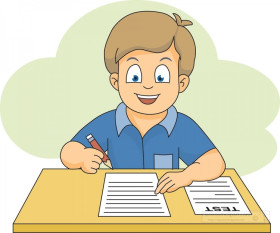
Pasirinkite tinkamą žodį.
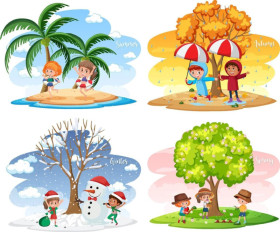
Eilės tvarka surašykite mėnesius.
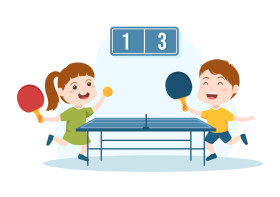
Pasirinkite žodį, kuris tinka.
I am not
allowed to drink soda.It was raining,
so I shut the window.She is a
fan of table tennis.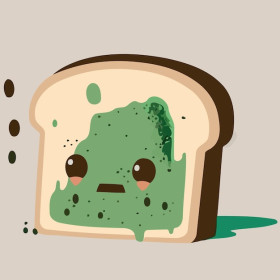
Pasirinkite žodį, kuris tinka.
There is
mold on the bread.Trees
fall their leaves in the fall.Helping a friend is the
right thing to do.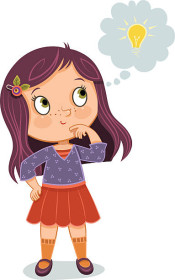
Pasirinkite vieną tinkamą žodį.
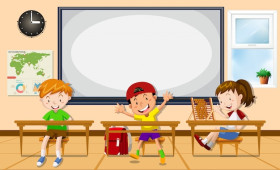
Surašykite savaitės dienas eilės tvarka.

Įrašykite tinkamus žodžius, kad gautųsi sakiniai.
goes, read, rains.
We sometimes read books.
Emily goes to the disco.
It often rains on Sundays.
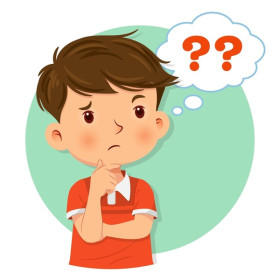
Parinkite sakiniam jų neigiamas formas.
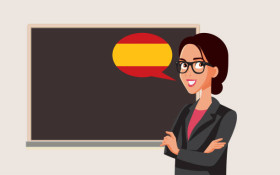
Pažymėkite, kurie sakiniai parašyti be klaidų.
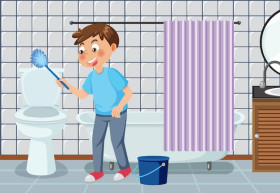
Sudėliokite sakinį.

Perskaitykite istorija ir pažymėkite, kuris teiginys yra teisingas.
Computers can do lots of jobs. They can do maths, store information, or play music. You can use a computer to write or to play games. What do you know about the history of computers? The first computers were very big. They were the size of a room! They were so big that people didn't have them at home. Early computers could also only do simple maths, like a calculator. In the 1930s Alan Turing had the idea for a computer you could program to do different things.
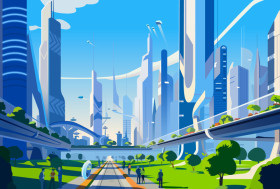
Perskaitykite tekstą, pažymėkite teiginius tiesa/netiesa.
Maybe ... or maybe not, but what we do know is that in the future, cities are going to have more and more people living in them. More than half the world's people already live in cities, and by 2050, cities will become home to about 6.5 billion people. That's a lot of people and very little space! More people means that we're going to have more pollution, traffic, and noise. It also means that we'll need more homes, schools, hospitals, jobs and transport. We'll need more resources, like water and energy, and more ways to grow food too. Oh, and more parks to play in! Many cities are already planning for the future. For example, Bristol is a cycling city in England. You can hire a bike (instead of taking a car or bus) and ride in cycle lanes which are separated from the traffic. In Singapore, people are looking 'up' to grow food! To save space, they grow vegetables in lots of layers in special tall buildings, called 'vertical farms'. And in Amsterdam in the Netherlands, there are 'floating houses' built on water instead of on land! What do you think city life will be like in the future?
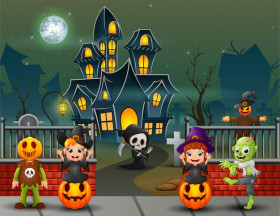
Perskaitykite tekstą, pasirinkite du teiginius, kurie atitinka tekstą.
Come to Susan's spooky Halloween sleepover party!
Dress up as a witch, a monster, a skeleton, or a ghost, and play lots of Halloween games!
Bring a pillow, a sleeping bag, your pajamas, your toothbrush, and a torch!
The party starts: on Friday 31 October at 5 p.m.
The party ends: on 1 November at 11 a.m.
Place: Susan's house, 50 Park Road
Please reply to Susan's mum by phone: 0011 223 344
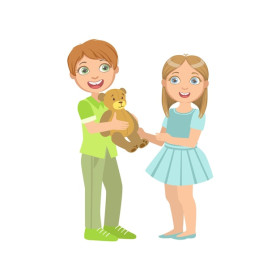
Perskaitykite tekstą ir pažymėkite, kurie teiginiai yra tiesa, o kurie - melas.
Look at my favorite toys! This is my car. I play with my car in the garden. This is my puzzle. It's got a picture of a cat. I do puzzles with my dad! This is my doll. Her name's Penny!
Tom
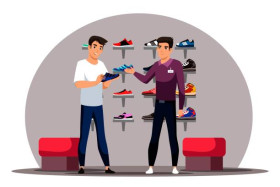
Parinkite žodį.
I want to buy
those these shoes there!This is my bedroom.
Come here,
these rabbits are so cute!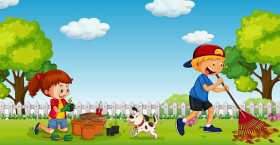
Pasirinkite dvi eilutes, kurios parašytos be klaidų.
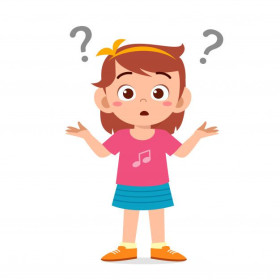
Atkreipkite dėmesį į paveikslėlį. Sujunkite būdvardį su daiktavardžiu.
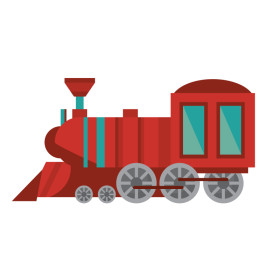
Pasirinkite tinkamą atsakymą iš dviejų pateiktų. Įrašykite jį.
I have got a red train . red train/train red
These books are old . book old/old

Kurie du klausimai parašyti be klaidų?
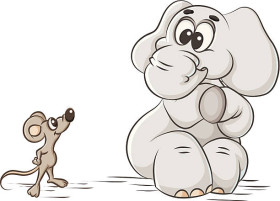
Pasirinkite vieną žodį ir jį įrašykite.
Small, big
The mouse is very small .
Elephant is big .

Sujunkite poras.
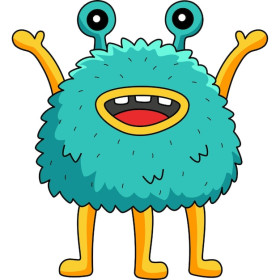
Suraskite klaidą ir ją pažymėkite.
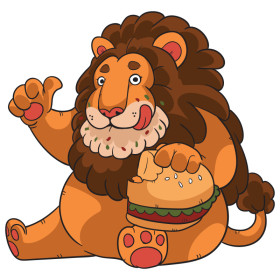
Suraskite klaidą ir ją pažymėkite.
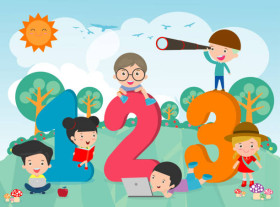
Surašykite skaičius didėjančia tvarka.